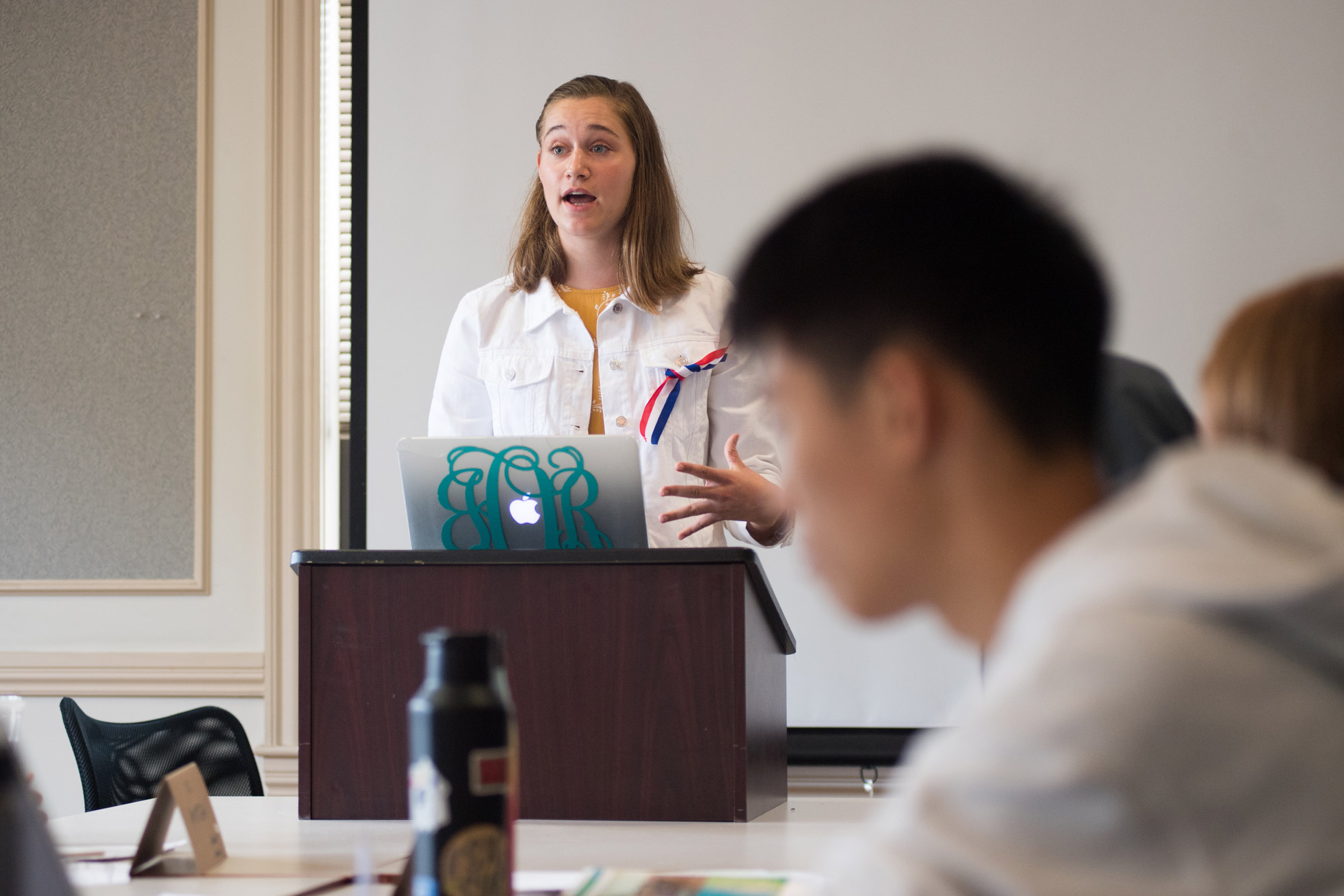
Have you ever been swept up with revolutionary fervor at the thought of ousting the ancien regime and replacing it with a new, egalitarian, Jacobin order?
Probably not, but hear us out.
Using a novel pedagogical technique called Reacting to the Past, developed at Barnard, professors at BU have been bringing the past to life in the classroom. Reacting to the Past is, essentially, role-playing. Students take on the roles of historical figures and engage in actual debate, following the rough outline of what the debate may have looked like between those actual figures. This method of learning is engaging, interactive, and makes the past seem real in a way that lectures often struggle with. Classes like Understanding Revolution: France and Algeria and Living the American Revolution use this technique to give the students an understanding of the forces that drive history. Don’t take my word for it — ask Core’s own Professor Diana Wylie, who was recently featured in an interview with BU Today talking about Reacting:
“‘I was thrilled,’ [Professor Diana Wylie] says, ‘to all of a sudden be having feelings of grandeur about the aspirations of the French Revolution, to do something that had never before been done in the world, to declare human rights the rights of man without regard to estate, to your birth, was something that I was fiercely proud of as a Jacobin, in a way that just [through] reading, I hadn’t had before. I was in some way living in that era.’
She says she thought that if it could happen to a veteran teacher, ‘wouldn’t that be a wonderful thing to do with students?’”
What are your thoughts? Of course, Reacting has somewhat limited use, and I don’t think anyone is arguing that it should replace lectures and seminars entirely. However, it’s definitely worth giving some thought to, because there is a tendency in academia to forget that historical figures are humans, and that historical events actually happened. Keeping the past alive is, in our opinion, absolutely vital for healthy scholarship, and Reacting is a good way to do that.
